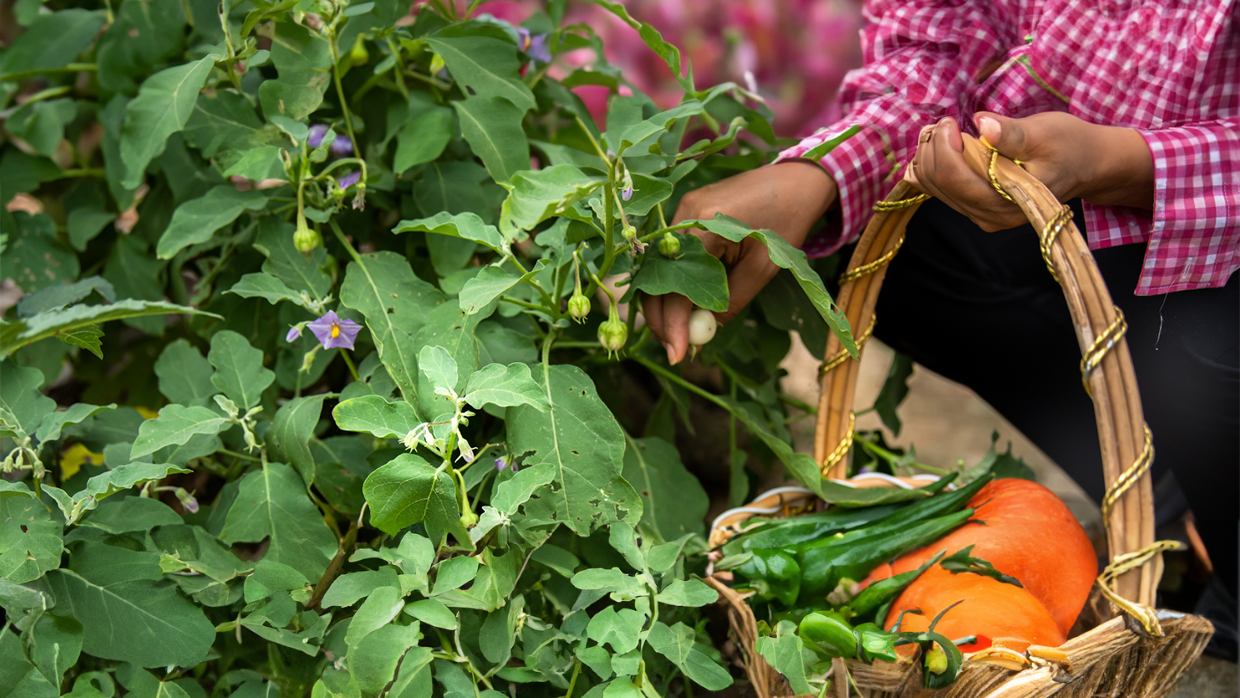Sodexo Good Eating Company supports sustainable farms

Cauliflower, broccoli and kale. Strawberries, parsley and baby bok choy. Watsonville, California, has become a vibrant hub for minority-owned farms using regenerative agriculture practices. And Sodexo’s Good Eating Company is committed to bringing more of these sustainable, local foods into our kitchens.
We understand that food and agriculture have the biggest impact on climate change, after the energy sector, responsible for about one third of greenhouse gas emissions. The good news? Sustainable agricultural practices can help solve the problem.
Embracing processes that regenerate ecosystems – and moving away from harmful extractive processes – can improve soil health, support biodiversity, improve water and air quality, and sequester carbon, all while growing more nutritious food.
To that end, Sodexo’s Good Eating Company has significantly invested in its regenerative agriculture sourcing program over the past year and a half. In fact, we’ve committed 15 percent of our food budget to source from farms using regenerative practices by 2025.
Northern California farms have played a starring role, with an intentional focus on sourcing from BIPOC (Black, Indigenous, People of Color) farmers engaged in regenerative agriculture. Such practices include organic pest management, reduced tillage, composting, cover cropping, crop rotation, hand weeding and subsurface drip irrigation.
Now, GEC purchases a variety of local meat, grains and produce from farms and ranches engaged in regenerative agriculture. These fresh, healthy foods are served in nine San Francisco Bay Area cafes, gracing the plates of tech company employees.
GEC has also deepened the collaboration by leading a crop planning exercise for the coming year, bringing chefs and farmers together to plan what and how much to grow. The joint planning ensures a wider variety of foods are grown, based on chefs’ needs. And farmers can better forecast, with committed buyers for their crops. The stability benefits everyone.
The program has been a big success, but it’s not without challenges, says Renee McKeon, Vice President of Sustainability & CSR for Corporate Services. Recent intense rains in Northern California have been a major issue – an important reminder that climate change represents a real threat to food production and yields.
“This gives me even more resolve to keep working on strengthening regional food systems and supporting local regenerative farms. Because farming that works in concert with nature has real potential to mitigate climate change and boost ecosystem health and resilience.”
GEC has captured a lot of learnings, which it plans to apply to new regenerative agricultural partnerships throughout the country. Currently, efforts are underway in Georgia, Colorado and the Northeast to create similar farm-to-institution pipelines for small growers using regenerative practices.